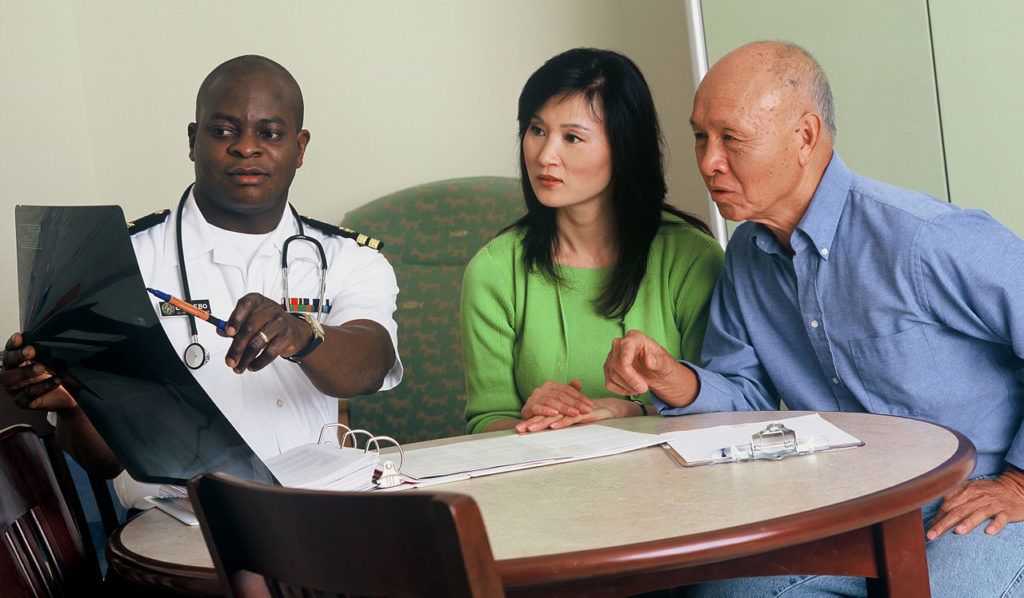
When you see a doctor, surgeon, or healthcare professional, you assume they’re going to provide you with accurate and honest information. Unfortunately, they’re human and are prone to mistakes. Sadly, this frequently leads to misdiagnoses that come back to hurt you.
How to Respond if You Think You’ve Been Misdiagnosed
According to one set of data, medical professionals misdiagnose 12 million Americans each year. This amounts to roughly 1 out of every 20 adult patients. Furthermore, about half of these misdiagnoses have the potential to result in serious harm.
Almost all misdiagnoses are unintentional, but this doesn’t mean the people in charge shouldn’t be held responsible for their mistakes. A driver might not mean to swerve off the road and hit a pedestrian on the sidewalk, but he’s still going to be held liable for his actions.
“Medical professionals are held to high standards of protocol. They must complete years of training through which they learn proper methods of treatment to mitigate health and safety risks to patients,” attorney Bill Easterly explains. “Furthermore, doctors and nurses are also held to the same standards as all people, in that they should adhere to a reasonable duty to avoid endangering others. When any person fails to do so, they are considered negligent.”
If you suspect you’ve been misdiagnosed by your doctor, it’s important that you act swiftly. Here are some tips regarding how you can best proceed:
- Get a Second Opinion
The first step is to get a second (and possibly third) opinion from another set of doctors. While you may feel like you’ve been misdiagnosed after reading some articles on the internet, your opinion usually isn’t very relevant. You need some solid proof that you’ve been inappropriately diagnosed.
If the subsequent diagnoses confirm that you were originally misdiagnosed, the next step is to figure out why. There are a number of possible explanations, including an error in the diagnostic equipment, human error in the interpretation of the results, or a doctor’s negligence in appropriately identifying symptoms.
- Talk With the Doctor
Just because you were misdiagnosed doesn’t necessarily mean your doctor committed malpractice. If the issue is an innocent one, then confront your doctor and ask for an explanation, correction, and apology. If the issue is more serious, then you might want to hold off on speaking with the doctor right away.
- Gather the Facts
If you suspect some sort of serious negligence or medical malpractice, then you need to start gathering facts. Organize all of your paperwork, invoices, bills, and receipts in a folder. Document all dates, times, and memories of specific details. File all correspondence you’ve had with the doctor and be sure to save things like voicemails. The more factual proof you have, the easier it will be to sort the problem out.
- Get Legal Help
As soon as you have everything organized, contact an attorney to get some legal assistance. Medical malpractice lawyers know how to handle these situations and can protect your best interests. If you try to resolve the issue on your own, you may end up compromising your case and giving the doctor an “out.”
Get the Help You Need
A medical misdiagnosis isn’t something to take casually. While it hopefully doesn’t impact your long-term health, it’s important that you get to the bottom of the issue so that it doesn’t happen again – to you or another patient. Sometimes this means pursuing legal options, while other times a verbal reprimand will do. The key is to act swiftly so that you don’t put yourself in harm’s way.